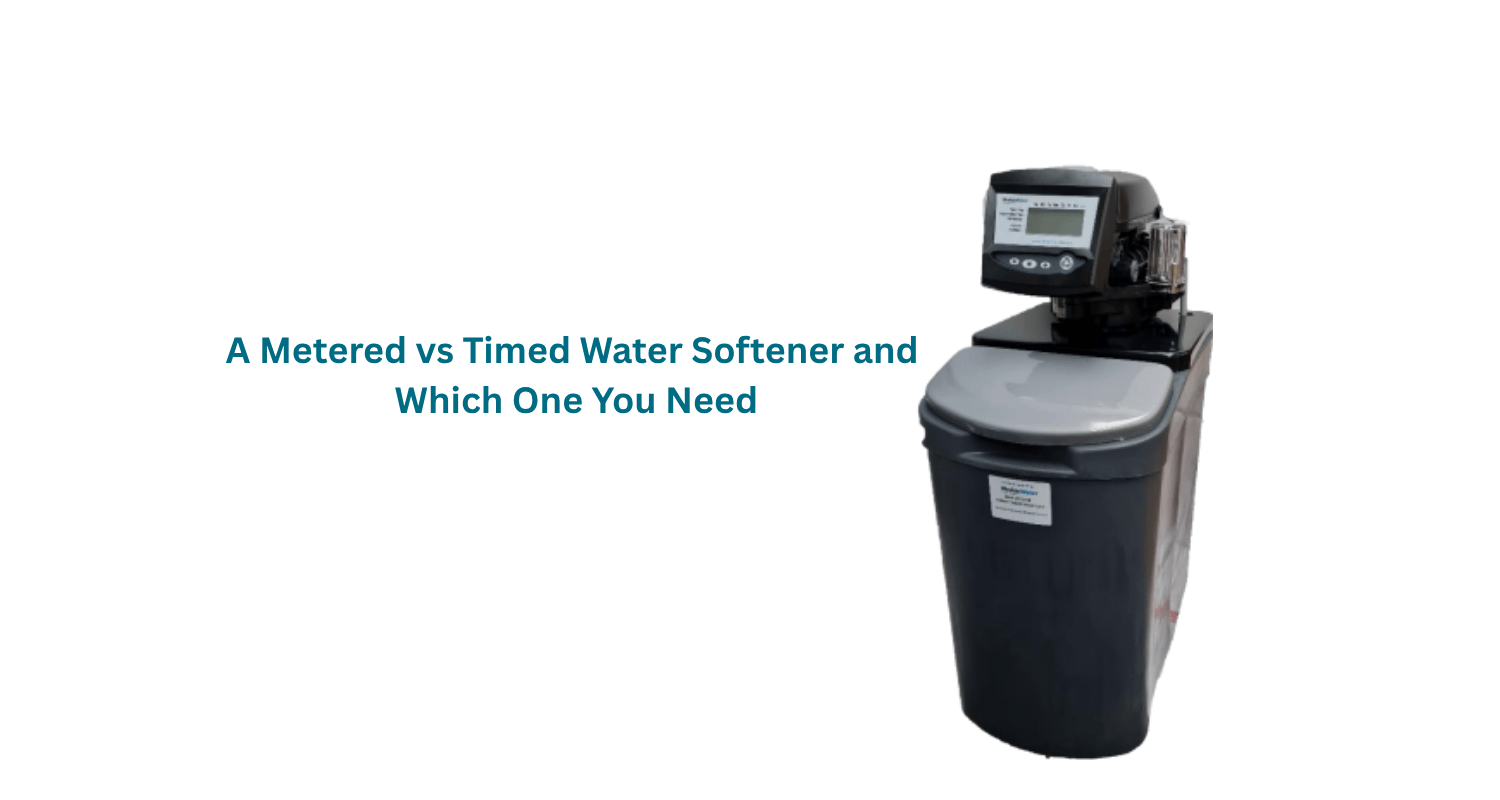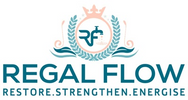
Metered vs Timed Water Softener: Which One’s Worth Your Salt?
Tired of hard water turning your shower into a science experiment? Short answer: Metered softeners win for efficiency, while timed ones suit steady households. But which is right for you? In this guide to the types of Water Softener, discover how your choice affects water quality, savings—and even your morning cuppa.
Understanding Water Softener Regeneration
Ever noticed white chalky marks on your taps or your kettle fizzing like it’s seen a ghost? That’s hard water at work—and it’s not doing your home any favours. Water softeners are your silent protectors against limescale and clogged-up appliances. But for them to keep doing their job, they need to regenerate. Regeneration is the process that flushes out the minerals they’ve collected and resets the system to go again. There are two main types: timed softeners and metered (demand-based) softeners. And yes, the difference matters more than you’d think.
What is a Timed Water Softener?
Imagine a softener that sticks to a schedule no matter what. Rain or shine. Whether you’ve used a full bath’s worth of water or just rinsed a mug. That’s your timed softener.
How Timed Softeners Work
Timed water softeners regenerate at fixed intervals—say, every two days—no matter how much water has been used. It’s a bit like doing the laundry every Sunday whether the basket’s full or not. It gets the job done, but it’s not exactly efficient.
Advantages of Timed Softeners
-
Simple to operate – Just set the timer and let it do its thing.
-
Lower upfront cost – Cheaper to install than the more advanced systems.
-
Great for routine households – Perfect if your water usage is steady day in and day out.
Disadvantages of Timed Softeners
-
Can waste water and salt – Regenerates even when it’s not needed.
-
Less eco-friendly – Not ideal for saving resources.
-
Rigid – Doesn’t adapt to guests, holidays, or sudden changes in routine.
What is a Metered Water Softener?
Now, if the timed softener is the creature of habit, the metered one is more of a savvy housemate—only springing into action when it’s actually needed.
How Metered Softeners Work (Demand-Based Regeneration)
Metered softeners track your actual water usage and regenerate only when the tank’s full of minerals. So, if you’ve been away on holiday or just had a few light-use days, it pauses until it’s time. Smart, right?
Advantages of Metered Softeners
-
Highly efficient – Saves salt, water, and energy.
-
Cost-effective over time – You’ll spend less on running costs.
-
Perfect for unpredictable households – Great if your water use varies a lot.
This metered water softener from Tapworks is incredibly durable and is a market leading home water softener system.
Disadvantages of Metered Softeners
-
Higher initial price tag – Smart features come at a cost.
-
Slightly more technical – May require professional installation or set-up.
-
More moving parts – Which can mean more maintenance down the line.
Key Differences and When to Choose
Water Usage Efficiency
This one’s not even close. Metered systems win hands-down for efficiency. They don’t regenerate unless necessary, making them ideal for those who want to cut down on waste. Timed softeners, while reliable, may end up regenerating when there’s no need—like watering your garden in the rain.
Salt Consumption
Salt isn’t just for chips. It keeps your softener running smoothly. But use too much and costs can sneak up. Metered softeners use less salt because they regenerate only when required. Timed units? They’ll go through bags of salt whether you’ve used one litre or a hundred.
Upfront Cost vs. Long-Term Savings
If you’re watching your pennies, a timed softener might seem like the better deal at first. But don’t be fooled. Metered systems often save you money in the long run—less water, less salt, lower bills. If you already run a Countertop Dispenser or Reverse Osmosis System, it’s a no-brainer. A metered unit will keep everything running smoother and cleaner.
Conclusion: Choosing the Right Softener for Your Needs
So, what’s the verdict?
If your water usage is consistent, and you want a system that’s easy on the wallet, go for a timed softener. Simple, straightforward, and it gets the job done. But if you want something that adapts to your lifestyle, cuts down on salt, and won’t waste water, a metered softener is the clear winner. Think about your home, your habits, and what you value—efficiency or simplicity? Either way, choosing the right softener can make all the difference in your home’s water quality, energy savings, and appliance lifespan. And let’s be honest—no one misses scrubbing limescale off taps.
🤔 Unsure which product is right for your home? Speak with our friendly support team — real advice, no pressure. Call 0121 630 1130, info@regalflow.co.uk, or click the green WhatsApp icon.
More Water Softener info our customers have found helpful
- What Water Softener Do I Need?
- What Water Softener Is Best for Well Water?
- Salt-Based vs. Salt-Free Water Softeners: Which is Right for You?
- What Is the Average Cost of a Whole House Water Softener System?
- Do You Need a Separate Drinking Water Tap with a Water Softener?
- Can You Drink Tap Water If You Have a Water Softener?
- Is a Water Softener Worth the Expense?
- Does It Matter What Water Softener I Buy?
- What Capacity of Water Softener Do I Need?
- What Is the Average Size Water Softener for a Family of 4?
- What Happens If a Water Softener Is Too Small?
- Is It Okay to Oversize a Water Softener?
- Should I Upgrade My Water Softener?
- What Is Clack® DV Valve?
- How Does a Non-Electric Softener Work?


Leave a comment